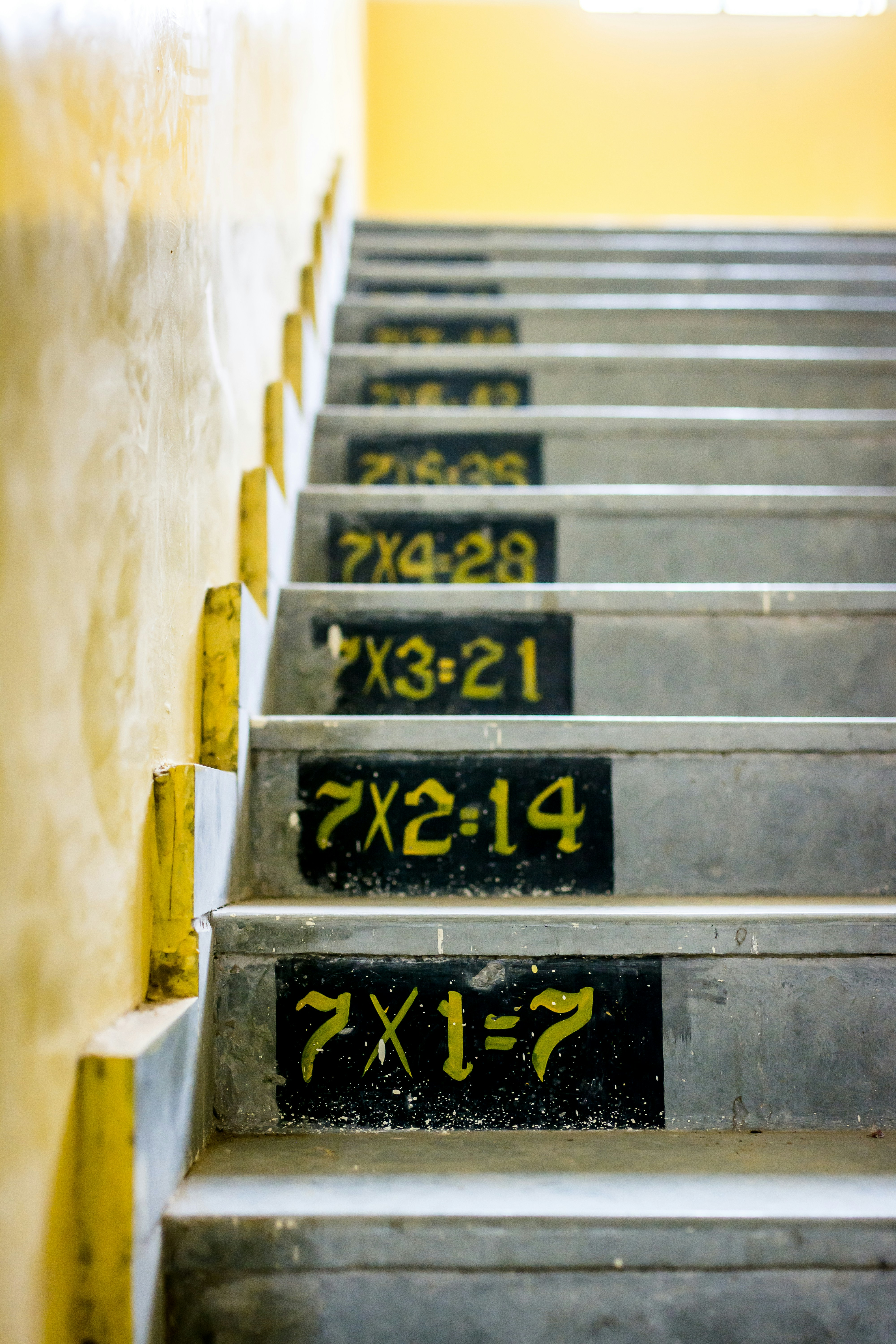
November 1, 2024
Math Fact Booster
Four Weeks to Success!
Why are math facts so important?
Knowing your math facts (addition, subtraction, multiplication, and division) as well as you know your sight words (like "because," "said," "around") is important because math facts are the “sight words” of mathematics. Imagine asking your student to read a chapter book when they are still sounding out the sight words. Obviously, the student would be quite frustrated. Math facts are the same. When students move beyond the basic operations to something more challenging like fractions or multiplying and dividing decimals, they need to be able to use all of their brain power to learn the new mathematical skill. A student who is not strong in their math facts must pause their learning of the new skill to concentrate on computing the math fact. Those students will find mathematics to be difficult and tedious and are often unsuccessful in learning the new skill well. Sadly, some will fail to learn the skills sufficiently to retain them for the high school mathematics courses.
How do I know if my student needs to work on math facts?
If your student is using finger counting at all, you need to work on math facts. If your student takes a long time to complete assigned math homework, you need to work on math facts. If your student wants to use a phone or calculator to do homework, you need to work on math facts. If your student really hates long multiplication, long division, or fractions, you guessed it…math facts.
How do students master their math facts?
Some students learn their math facts naturally as they learn to add, subtract, multiply, and divide. Most will need to spend some time practicing their facts. “Knowing” the math facts is one thing, but being able to rapidly recall them is the goal. Unfortunately, the way to get to rapid recall involves practice, practice, practice, especially, practice in rapid recall. I recommend doing a four-week rotation to improve your student's math fact fluency with the goal of reaching rapid recall.
What Is the Four-Week Rotation Plan?
Each week will focus on a different operation (addition, subtraction, multiplication, and division), in that order.
- Print out the math fact charts.
- Each evening have the student read over the one sheet for the operation you are focusing on that week just before they go to bed for the night. (This aids with memorization.)
- Each day, go through the corresponding set of flash cards (you can make or purchase these) with your student. (You can do this; a sibling or a grandparent can do this.)
- Go back over the ones your student does not know: either try again, have your student write the fact ten times, or think about how your child would best learn a difficult spelling word and try that method. This part is up to you as you know your child best. We do need to focus on speed with the flash cards.
- Stay on an operation for only one week and then move on to the next one.
- Evaluate if your student needs more practice on any operation and start the rotation again, as needed.
- Keep going until your student is consistently able to do all four operations at a rate of 30 facts per minute.
What Is the ultimate goal?
The goal to work for is 30 facts per minute (two seconds per flashcard). You may have to work up to this speed over a few rotations. After four weeks, you should have done all four operations and hopefully, have seen some progress. At that time you can determine if your student is down to two seconds per flashcard for each operation. You can then do another week of any operation as needed.
Hints:
The order -- addition, subtraction, multiplication, division -- is important because the students will find the addition flashcards to be the easiest ones. Students can become familiar with the process with easier material and experience early success. The multiplication and division weeks may be much more challenging.
If two seconds per flashcard is too fast at first, slow down the pace to maybe ten seconds per flashcard. You can, and should, then decrease the time per flashcard once your student is able to properly solve around three-fourths of the flashcards correctly. Speed it up by two or three seconds per card. This can be done the next day or even in the same round as you see that your student is ready to pick up the pace.
Rewarding your students may be an effective way for you to motivate them. Besides the obvious rewards of a new toy or increased screen time, some methods that have worked for me are "Mommy or Daddy and Me Time" (this is a great one for large families), choosing the dinner menu or a favorite dessert, planning a special playdate (like a sleepover or movie experience, with candy, soda, and popcorn), or even getting to choose the movie for home movie night, or the game for game night, or the restaurant for take-out.
No matter what form of motivation you choose to help your students improve their math fact skills, please remember to praise them a lot and acknowledge their hard work. Memorization and drills are a chore. The benefits far outweigh the effort, but no one feels that way during the process. Take a deep breath, say a prayer, and dive right in!
-- Susan Shawcross teaches elementary math at Schola.